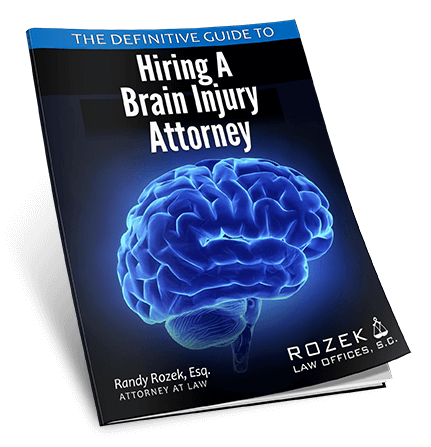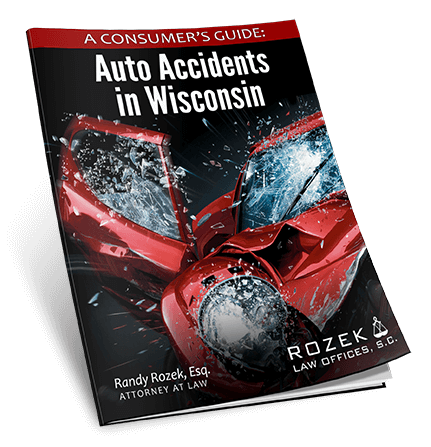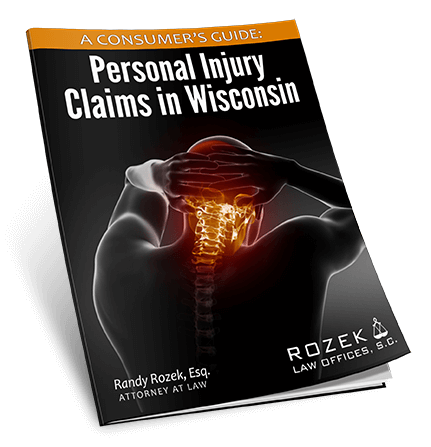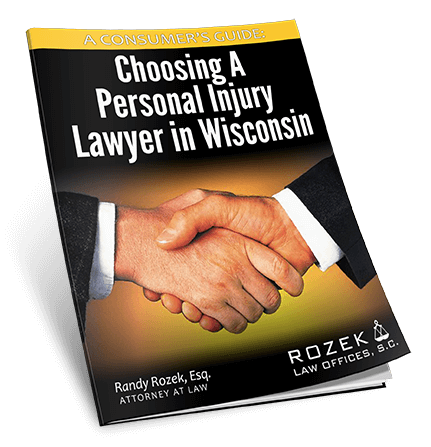TBI screening helps children succeed in school
A new screening tool for children who have potentially suffered traumatic brain injury is reportedly helping them succeed when it comes to education.
Researchers at Colorado State University have utilized grant money they received to develop the screening tool, which is called the Brain Check Survey.
“Young children sometimes experience an accident such as a playground fall that can result in a head injury. Their resulting traumatic brain injury can go undiagnosed but lead to learning problems that crop up later,” a press release from Colorado State University reads. “Now kids are getting help with research being done by Pat Sample and David Greene, both faculty in CSU’s Department of Occupational Therapy. Two years ago, the duo received a $280,000 grant from The Colorado Traumatic Brain Injury Trust Fund to develop a screening tool for TBI.”
The researchers reportedly visited seven different Colorado school districts to explore different ways in which students with TBI are identified and also to assist in qualifying for necessary services, and of course to test the Brain Check Survey.
“Sample has a long history of working with individuals with TBI. She worked in the Center for Community Partnerships in OT as part of a team helping adults with TBI gain and maintain employment in the 1990s,” the release reads. “The team then directed its work toward teenagers experiencing the transition out of school into adult life. Soon after, the team’s attention shifted to TBI in younger children. Sample found that this often “invisible disability” was not always evident to educators, which resulted in either underserved students, or students being identified as having a disability other than TBI.”
The research team worked with grade school children, then junior high and high school kids. Because students who have suffered TBI struggle with things such as memory lapse, overactive stimuli, fatigue and other sensory disorders, the TBI team focused on these issues and offered the children extra support in those areas, which Sample said is often not addressed following a TBI diagnosis.
“Sample emphasized that for this reason, identifying students with TBI and meeting their particular needs is necessary for academic success,” the release reads. “As a result, Sample and her team began crafting the Brain Check Survey, a screening tool that detects whether the child’s behaviors and symptoms are indicative of a past TBI.”
The survey has been tested for validity and reliability, and has proven to be a very strong tool. Because of this, it is now widely available to many schools throughout Colorado.
The Brain Check Survey has reportedly been used to screen about 10 to 12 students, and has been helpful in providing additional information to school teams. It’s also brought TBI to the forefront of conversations and the types of issues that students who have suffered a brain injury endure.
“Previously, for students to be placed into special education with a TBI categorization they needed to present official documentation of a medical diagnosis. Now a handful of states will accept evidence of credible TBI history in lieu of a medical diagnosis,” the release reads. “The results from the BCS can be offered as a major element of evidence of a past TBI to schools, hopefully opening the door to students’ placement in the most suitable special-education program for their needs.”
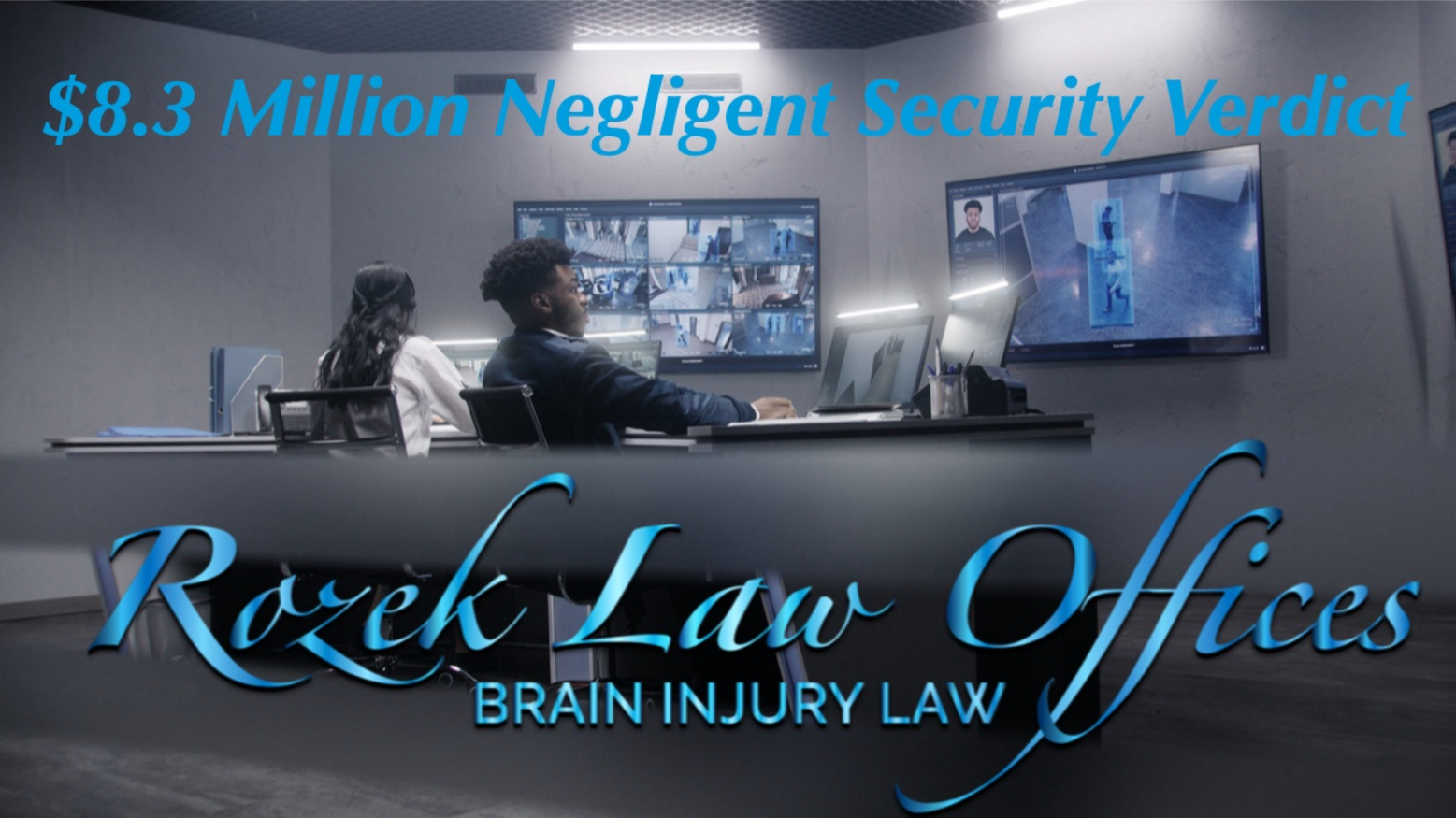



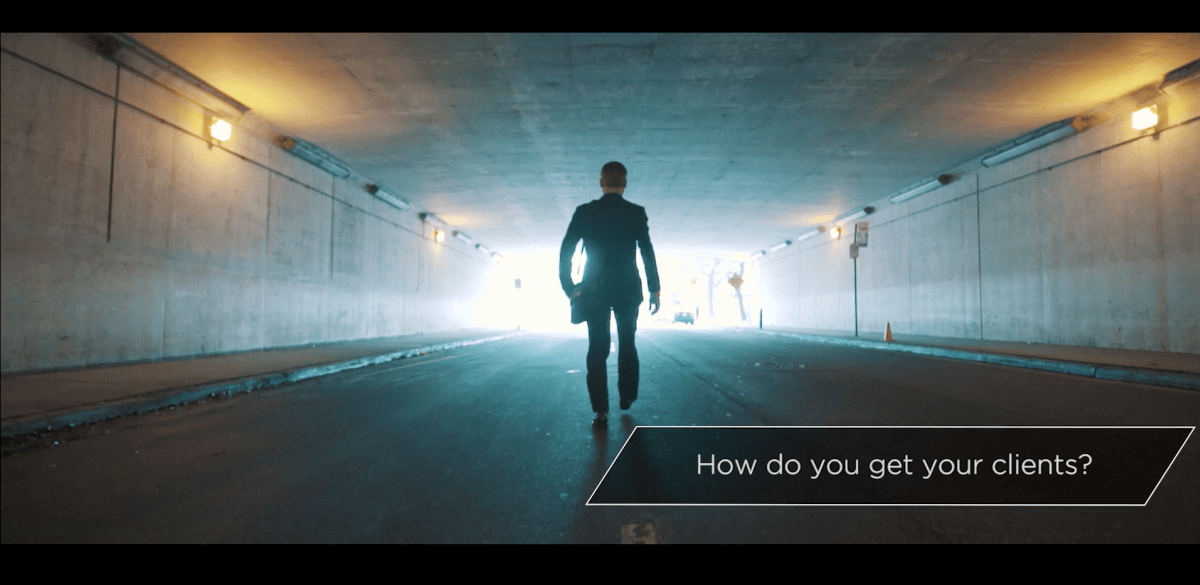

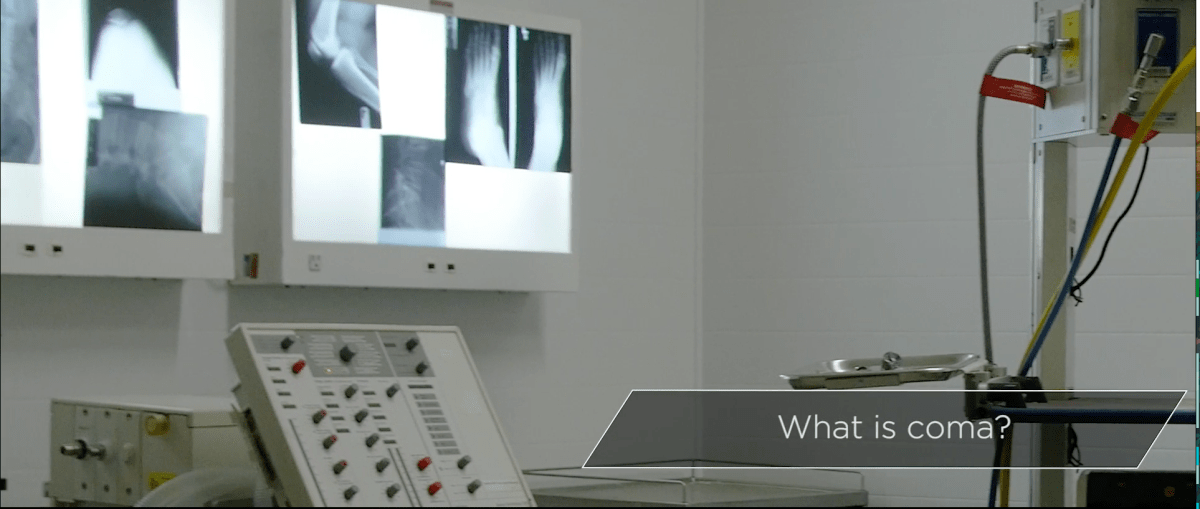


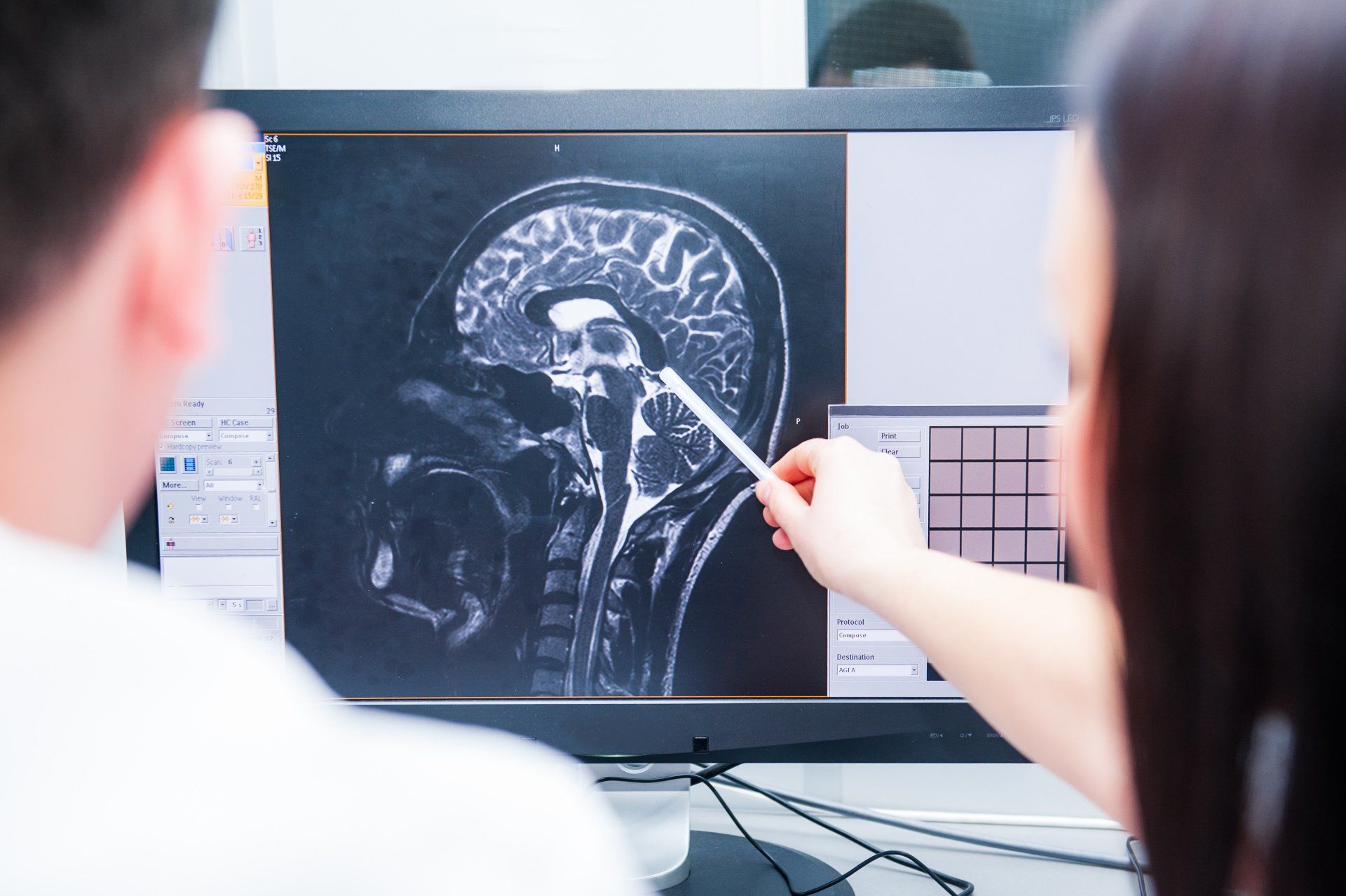
Request Your Free eBook
Our office has provided information regarding the different types of Wisconsin Personal Injury Accidents that we have experience handling.
Wisconsin Accidents
Wisconsin Personal Injuries
Ready to get started?
Call us at 414-374-4444
Main Office Location
Rozek Law Offices, SC
3970 N Oakland Ave Ste 604
Milwaukee, Wisconsin 53211
Additional Client Meeting Location
Rozek Law Offices - Madison
2810 Crossroads Dr Ste 4046
Madison, Wisconsin 53718
Recent Blog Posts






